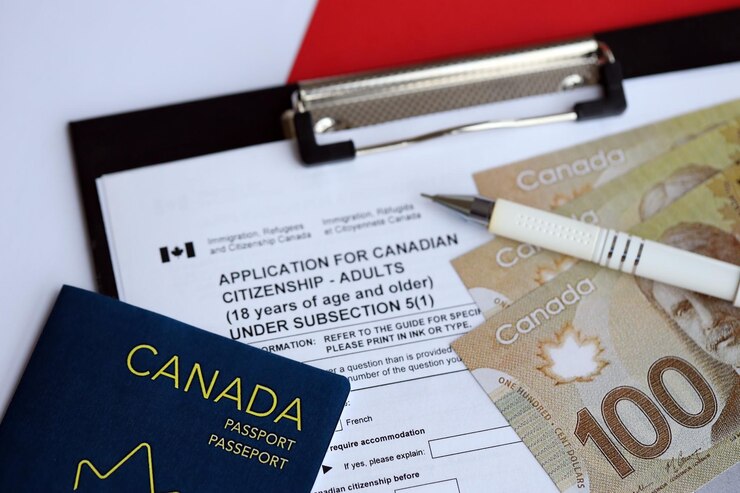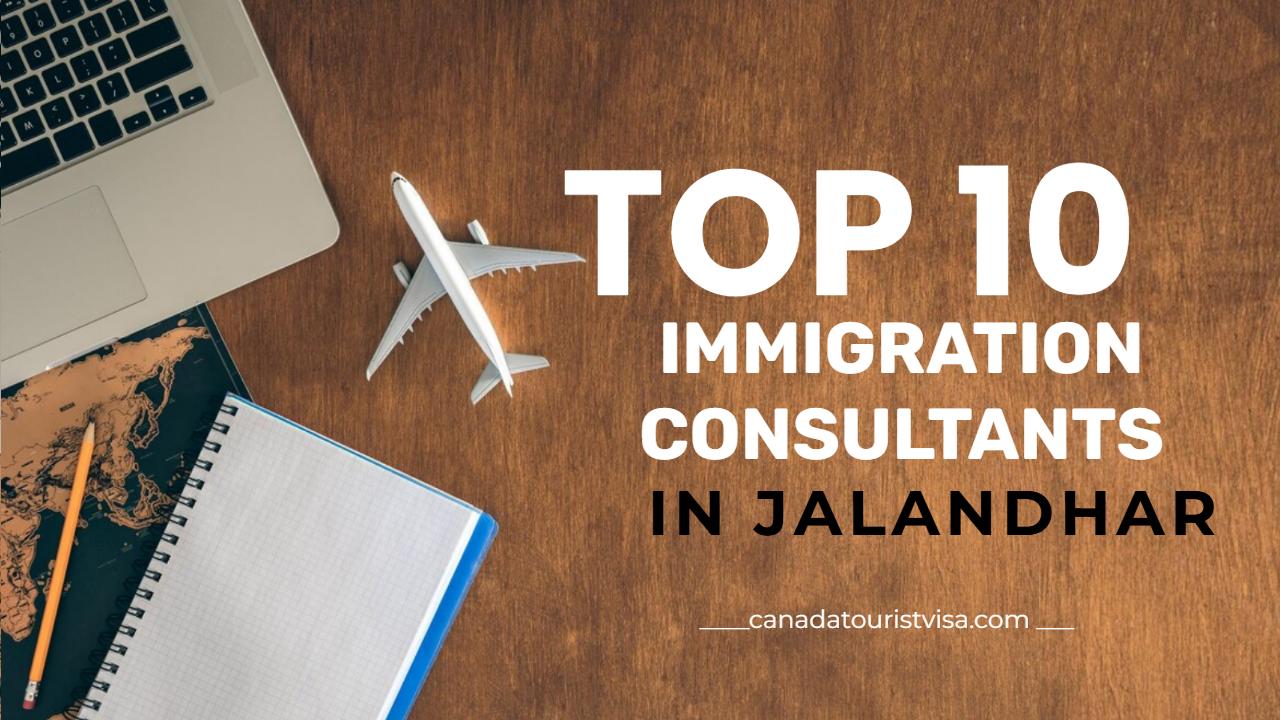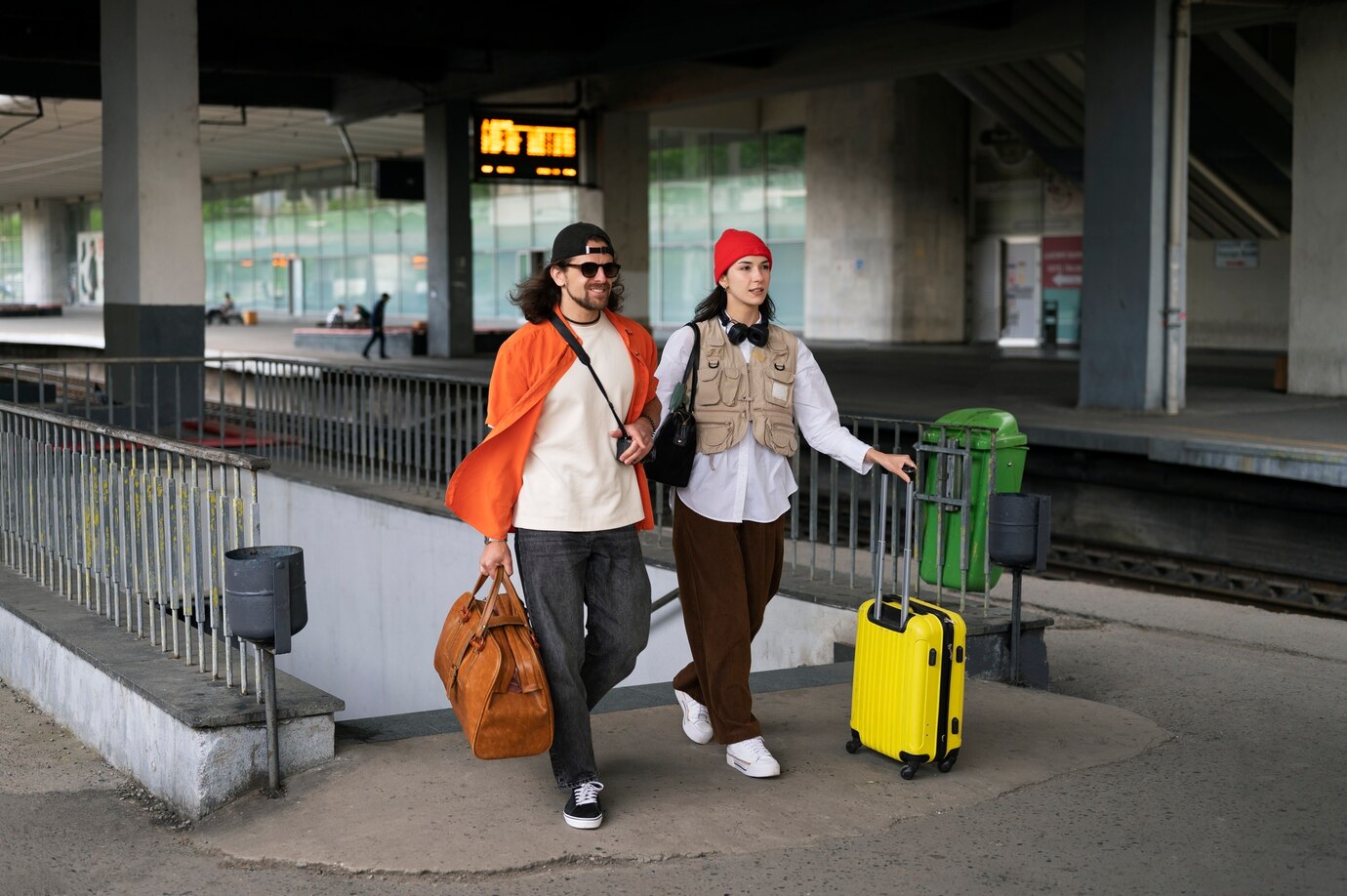If you’ve got family in Canada — maybe a son, daughter, or grandkids who’ve built their lives there — you probably dream of visiting and spending quality time with them. But let’s be honest: a regular visitor visa only gives you a short stay, and constantly reapplying can be stressful.
That’s exactly why Canada created the Super Visa — a long-term, multiple-entry visa designed especially for parents and grandparents of Canadian citizens and permanent residents.
In this guide, we’ll cover everything you need to know about the Canada Super Visa — who can apply, what the requirements are, how to apply, and how to avoid common mistakes. By the end, you’ll have a clear roadmap to bringing those family reunions a lot closer. ❤️
What Is the Canada Super Visa?
The Canada Super Visa is a special visa that allows parents and grandparents of Canadian citizens or permanent residents to visit Canada for extended periods — up to five years at a time — without needing to renew their visitor status every few months.
It’s a multiple-entry visa, which means it remains valid for up to 10 years and lets you enter and leave Canada as many times as you want during that period.
In short:
- Stay in Canada for up to 5 years per visit.
- Visa validity lasts up to 10 years.
- Designed exclusively for parents and grandparents of Canadian citizens or permanent residents.
So, if you want to spend more time with your family — attend birthdays, graduations, or simply enjoy watching your grandkids grow up — the Super Visa is the perfect solution.
Why the Super Visa Exists
Canada values family connections deeply. The government knows that immigrants often leave behind loved ones and want to make it easier for families to reunite — without the constant hassle of visa renewals.
The Super Visa was introduced to bridge that gap. Instead of short-term visits that end just as families start reconnecting, the Super Visa gives parents and grandparents the freedom to stay for years at a time while still maintaining their home country residence.
Who Can Apply for the Canada Super Visa?
Not everyone qualifies — the Super Visa has specific eligibility rules. Here’s what you (and your Canadian child or grandchild) need to meet:
✅ Applicant (Parent or Grandparent) Requirements:
- You must be the parent or grandparent of a Canadian citizen or permanent resident.
- You must apply from outside Canada.
- You must be admissible to Canada — meaning you meet health, background, and security requirements.
- You must take a medical exam from an approved panel physician.
- You must have valid medical insurance from a Canadian company that:
- Covers at least $100,000 CAD.
- Is valid for at least 1 year.
- Covers healthcare, hospitalization, and repatriation.
- You must prove financial support from your child or grandchild in Canada (known as the host).
✅ Sponsor (Child or Grandchild in Canada) Requirements:
- Must be a Canadian citizen or permanent resident.
- Must provide a letter of invitation promising financial support for your stay.
- Must meet the minimum income threshold known as the Low Income Cut-Off (LICO) — this shows they can financially support you during your visit.
The Financial Requirement Explained
This part confuses a lot of applicants, so let’s make it simple.
Your child or grandchild (the host) needs to show they earn enough money to support you during your stay. Immigration Canada uses the LICO table to determine the minimum income required, which depends on how many people are in the household.
For example:
- A household of 2 people (your sponsor and you) requires a lower income than a household of 5.
- Your sponsor can prove this income through documents like:
- Notice of Assessment (NOA) or T4/T1 from the Canada Revenue Agency.
- Employment letter showing job title, salary, and date of hire.
- Pay stubs and bank statements.
If your sponsor’s income doesn’t meet the required level, your application could be refused — so this step is crucial.
Super Visa vs. Visitor Visa — What’s the Difference?
Many people confuse the two, but the Super Visa and the regular visitor visa are quite different. Here’s a quick comparison table:
| Feature | Super Visa | Regular Visitor Visa |
|---|---|---|
| Who it’s for | Parents and grandparents of Canadian citizens or PRs | Anyone visiting Canada temporarily |
| Stay duration | Up to 5 years per visit | Up to 6 months per visit |
| Validity | Up to 10 years (multiple entry) | Usually up to 10 years, but shorter stays |
| Medical insurance required | Yes, mandatory (min. $100,000 coverage) | No |
| Proof of income from sponsor | Required | Not required |
| Ideal for | Long family visits | Short vacations or tourism |
If you plan to stay for months (or even years) at a time, the Super Visa is hands down the better choice.
How to Apply for the Canada Super Visa
Applying for a Super Visa is actually quite straightforward if you follow each step carefully. Here’s how to do it right:
Step 1: Gather All Required Documents
You’ll need:
- A valid passport.
- Proof of relationship to your child or grandchild (birth certificate, etc.).
- Invitation letter from your child/grandchild in Canada.
- Proof of their income (NOA, employment letter, bank statements).
- Medical insurance policy (min. $100,000 coverage for at least 1 year).
- Proof of your financial situation (optional but helpful).
- Medical exam confirmation from an approved panel physician.
Step 2: Apply Online
You must apply outside Canada through the official IRCC website. You’ll create an online account, fill out the application form, and upload all documents.
Step 3: Pay the Fees
The current visa processing fee is CAD $100, plus a biometrics fee of CAD $85 (if applicable).
Step 4: Biometrics and Medical Exam
You’ll be instructed to visit a Visa Application Centre (VAC) in your country to give fingerprints and a photo (biometrics). If you haven’t done a medical exam yet, complete it with an approved panel doctor.
Step 5: Wait for a Decision
Processing times vary depending on your country, but you can track your application online. Once approved, you’ll receive your passport request and the visa will be stamped.
How Long Does It Take to Get a Super Visa?
Processing times depend on where you’re applying from and whether you’ve completed your biometrics and medical exam early.
On average, most applications take 8–12 weeks, but it can be faster if your documents are complete and accurate.
Tip: Submitting a well-prepared, error-free application significantly reduces delays.
Common Reasons for Super Visa Refusal (and How to Avoid Them)
Even though the Super Visa is designed to make family reunions easier, rejections do happen. Here are the main reasons — and how you can avoid them:
- Incomplete application or missing documents → Always double-check your checklist before submitting.
- Weak financial proof → Ensure your sponsor meets the income threshold and includes all income documents.
- Invalid or insufficient medical insurance → The policy must meet the $100,000 minimum and cover one full year.
- Unclear relationship or purpose of visit → Include clear proof of relationship (birth certificate) and a detailed invitation letter.
- Failure to show ties to home country → Even though it’s a long-term visa, you still need to show you plan to return after each visit.
Pro tip: Attach a short, friendly Letter of Explanation summarizing your purpose, your relationship with your family, and your intent to comply with visa rules.
What Happens After You Arrive in Canada?
Once you land in Canada, a border services officer will confirm the duration of your stay (usually up to 5 years per entry). They might stamp your passport with the date by which you must leave or renew your stay.
You’re not allowed to work or study without additional authorization, but you can enjoy your time with family, explore Canada, and live comfortably thanks to your valid medical insurance coverage.
If you ever want to extend your stay beyond the original period, you can apply for an extension at least 30 days before your status expires.
Can You Apply for a Super Visa While in Canada?
No — you must apply from outside Canada. The visa is meant for entry, so you can’t convert a visitor visa into a Super Visa while already in the country.
If you’re in Canada temporarily and want your parents or grandparents to come, they need to apply from their country of residence.
Tips for a Successful Super Visa Application
- ✅ Apply early — don’t wait for family events to get close.
- ✅ Double-check that the medical insurance policy meets every requirement.
- ✅ Write a genuine invitation letter with clear details about your relationship and reason for the visit.
- ✅ Organize your documents neatly — messy or unclear uploads can slow things down.
- ✅ Be honest in every detail — accuracy builds credibility.
Canada Super Visa — Bringing Families Closer
The Canada Super Visa is one of the most family-friendly immigration options in the world. It strikes a perfect balance between flexibility and stability — allowing parents and grandparents to spend real, meaningful time with their loved ones without constant paperwork.
Whether it’s seeing your grandkids take their first steps, celebrating birthdays, or just sharing dinners together again, this visa makes those precious moments possible.
So if your heart is set on being close to family in Canada, start preparing your Super Visa application today. With the right documents, clear communication, and genuine intent, you’ll soon be on your way to making lifelong memories with the people you love most. ❤️
✈️ Quick Recap
Canada Super Visa: Everything Parents and Grandparents Need to Know
- Stay up to 5 years per visit.
- Valid for up to 10 years.
- Requires $100,000 CAD medical insurance.
- Needs proof of income from your child/grandchild in Canada.
- Apply from outside Canada.
- Be thorough, honest, and organized.
Frequently Asked Questions About the Canada Super Visa
What Is the Canada Super Visa and Who Can Apply?
The Canada Super Visa is a long-term, multiple-entry visa designed for parents and grandparents of Canadian citizens or permanent residents. It allows them to stay in Canada for up to five years per visit and is valid for up to ten years.
How Long Can I Stay in Canada on a Super Visa?
With the Canada Super Visa, you can stay for up to five years at a time without needing to renew your visitor status. It’s one of the best options for extended family visits.
What Is the Difference Between a Super Visa and a Visitor Visa?
The key difference is duration. A visitor visa allows a stay of only six months, while the Super Visa allows up to five years per visit. The Super Visa also requires medical insurance and proof of income from your child or grandchild in Canada.
Is the Canada Super Visa a Multiple-Entry Visa?
Yes, it is. The Super Visa allows multiple entries over a period of up to ten years, so you can travel back and forth between Canada and your home country whenever needed.
Do I Need Medical Insurance for the Canada Super Visa?
Yes, medical insurance is mandatory. You must purchase insurance from a Canadian company that covers at least $100,000 CAD and is valid for at least one year.
Why Does the Super Visa Require Health Insurance?
The Canadian government requires insurance to ensure that visitors have financial coverage for medical emergencies, hospitalization, or repatriation, so they don’t rely on public healthcare services during their stay.
What Is the Minimum Income Requirement for the Super Visa?
Your child or grandchild in Canada must meet the Low Income Cut-Off (LICO) to sponsor your Super Visa application. The amount depends on the size of their household and is updated annually by Immigration, Refugees and Citizenship Canada (IRCC).
How Can My Child or Grandchild Prove Their Income?
They can provide documents like a Notice of Assessment (NOA), recent pay stubs, bank statements, and an employment letter showing their job title, salary, and date of hire.
What Documents Are Needed for a Canada Super Visa Application?
You’ll need a valid passport, proof of relationship (birth certificate), an invitation letter, proof of income from your sponsor, proof of medical insurance, and a medical exam confirmation.
Can I Apply for a Super Visa While I Am in Canada?
No, you must apply from outside Canada. The Super Visa is a travel document that lets you enter Canada, so you cannot switch from a visitor visa to a Super Visa while already in the country.
How Long Does It Take to Process a Canada Super Visa?
Processing times vary by country but typically take 8 to 12 weeks. Completing your biometrics and medical exam early can speed up the process.
Can I Extend My Stay on a Super Visa?
Yes, you can apply for an extension before your current stay expires. Extensions are usually granted if you continue to meet the requirements, such as valid medical insurance.
What Happens If My Super Visa Application Is Refused?
If your Super Visa is refused, you’ll receive a letter explaining why. You can reapply after fixing the issues, such as missing documents, weak financial proof, or unclear purpose of visit.
Do I Need Biometrics for the Super Visa?
Yes, most applicants must provide biometrics (fingerprints and photo) at a Visa Application Centre. You’ll receive instructions after submitting your online application.
Can My Parents or Grandparents Work or Study on a Super Visa?
No, the Super Visa does not allow you to work or study in Canada. It’s strictly for long-term family visits, not for employment or education.
What Is the Validity Period of a Canada Super Visa?
The Super Visa is valid for up to ten years, and each visit can last up to five years without renewal.
Can the Super Visa Be Converted to Permanent Residency?
No, the Super Visa doesn’t directly lead to permanent residence. However, your child or grandchild may later sponsor you through the Parents and Grandparents Program (PGP) if eligible.
Can I Include My Spouse in My Super Visa Application?
Yes, you can include your spouse or common-law partner in your Super Visa application, as long as both of you meet the eligibility and document requirements.
What Kind of Medical Exam Is Required for the Super Visa?
You must undergo a medical exam from a panel physician approved by IRCC. The exam checks your overall health and ensures you don’t pose any public health risk in Canada.
Is It Difficult to Get Approved for a Canada Super Visa?
Not at all — as long as your documents are complete, your sponsor meets the income requirement, and your medical insurance is valid. The most common rejections happen because of missing documents or unclear financial proof, both of which are easily avoidable.
🛡️ Disclaimer
The information provided in this article, “Canada Super Visa: Everything Parents and Grandparents Need to Know,” is intended for general informational purposes only. While every effort has been made to ensure the accuracy and reliability of the content, immigration policies and requirements may change without notice.
Readers are strongly advised to verify all details through the official Government of Canada immigration website or consult with a licensed immigration consultant or legal professional before making any visa application decisions.
This blog does not represent or have any affiliation with Immigration, Refugees and Citizenship Canada (IRCC). We are not authorized to provide legal immigration advice. The use of this information is at your own discretion and risk.













